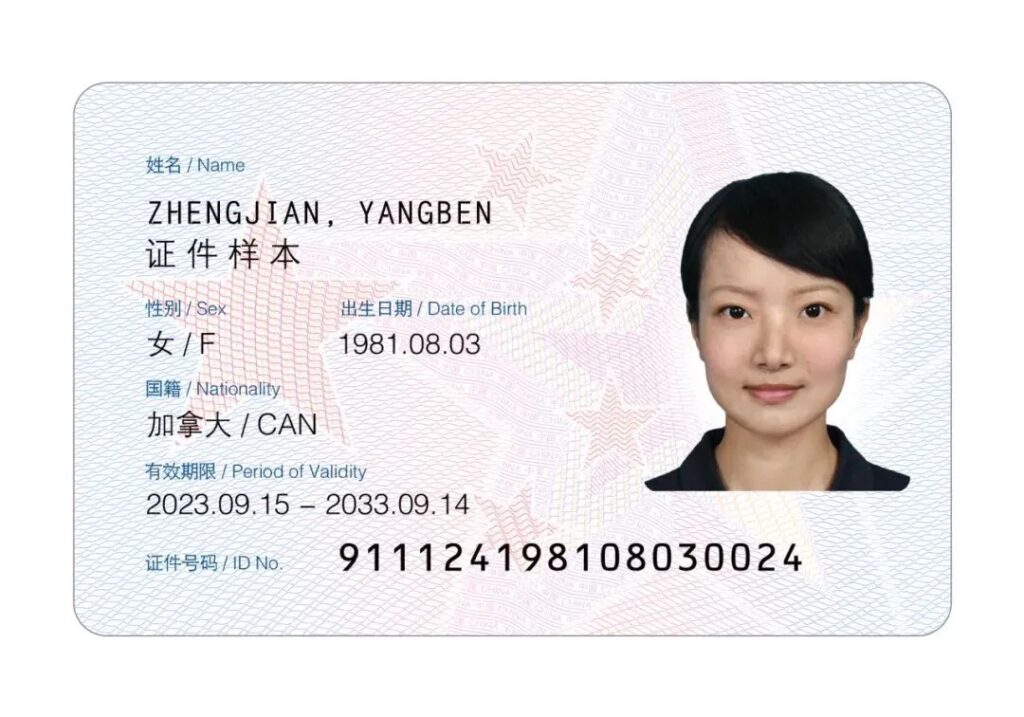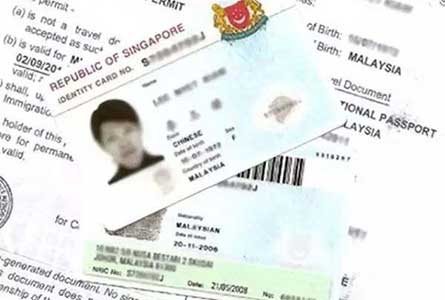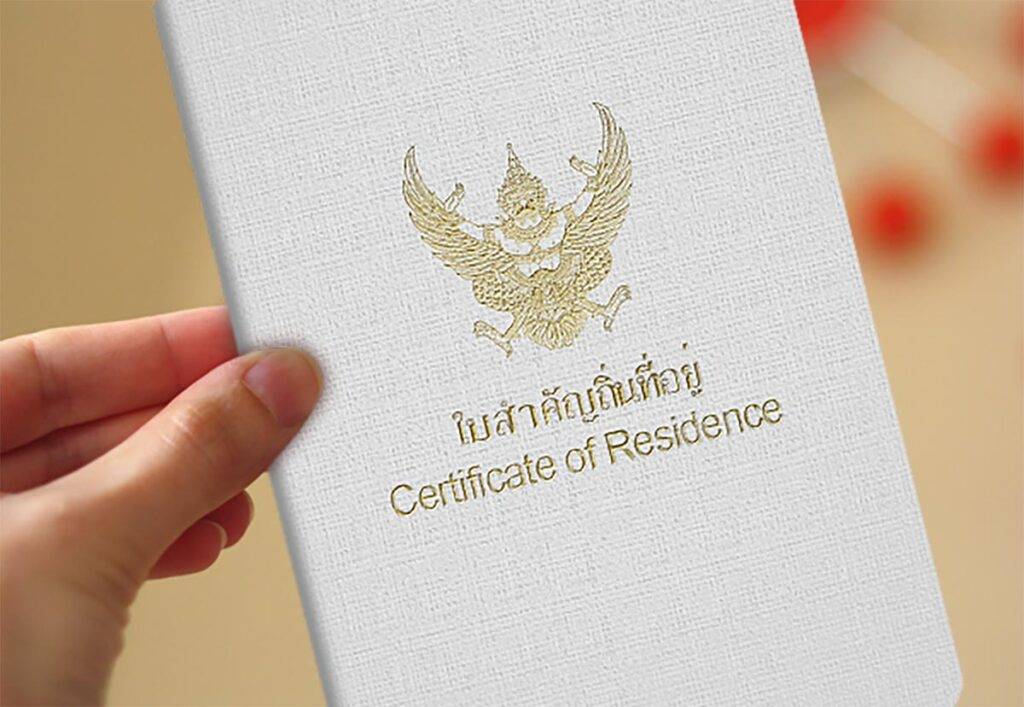
This article provides an in-depth comparison of permanent residence in China with other prominent Asian nations, namely Japan, South Korea, Singapore, and Thailand.
Achieving permanent residence in an Asian country is a major milestone for many expatriates, offering stability and a sense of belonging. However, the process, benefits, and requirements for permanent residence vary significantly among different countries.
Permanent Residence in China

Eligibility and Requirements
China provides several routes to permanent residence, mainly through investment, employment, and family ties. The key requirements include:
- Investment: Foreigners must invest a minimum of USD 500,000 in government-promoted industries.
- Employment: High-level professionals who have worked in China for over four years and earn a salary at least four times the average local wage.
- Family Reunification: Spouses of Chinese citizens or permanent residents, married for at least five years.
Application Process
Applying for Chinese permanent residence involves several steps:
- Document Submission: Applicants must submit their passports, a completed application form, a health certificate, proof of no criminal record, and other relevant documents.
- Review and Approval: The Public Security Bureau (PSB) reviews the application, a process that can take up to six months.
- Issuance of the Green Card: Upon approval, the applicant receives a Chinese Green Card, granting permanent resident status.
Benefits
- Unrestricted Travel: Permanent residents can enter and exit China without a visa.
- Employment Opportunities: They can work in China without needing additional permits.
- Social Benefits: Access to public education, healthcare, and other social services similar to Chinese citizens.
Permanent Residence in Japan
Eligibility and Requirements

Japan offers permanent residence primarily through long-term residency and exceptional contributions. The main criteria include:
- Long-term Residency: Foreigners who have lived in Japan for at least ten consecutive years.
- Exceptional Contributions: Individuals with significant achievements in academia, arts, sports, or contributions to the Japanese economy.
Application Process
- Residency Period: The applicant must demonstrate a continuous stay in Japan, with certain exceptions for highly skilled professionals and spouses of Japanese citizens.
- Document Submission: Required documents include a residency certificate, tax records, proof of stable income, and a certificate of good conduct.
- Review and Decision: The Immigration Bureau reviews the application, usually within six months.
Benefits
- Visa-Free Travel: Permanent residents can travel in and out of Japan freely.
- Employment Flexibility: They can work in any industry without needing a work visa.
- Social Security: Access to Japan’s comprehensive social security system, including healthcare and pension benefits.
Permanent Residence in South Korea

Eligibility and Requirements
South Korea’s pathways to permanent residence include investment, employment, and family reunification. The requirements are as follows:
- Investment: A minimum investment of USD 500,000 in government-designated projects.
- Employment: Individuals who have worked for at least five years in specialized fields.
- Family Reunification: Spouses and children of Korean citizens or permanent residents.
Application Process
- Document Submission: Applicants must provide a completed application form, passport, health certificate, and proof of no criminal record.
- Review and Approval: The Korea Immigration Service evaluates the application, generally within six months.
- Issuance of the F-5 Visa: Successful applicants receive the F-5 visa, granting permanent resident status.
Benefits
- Freedom of Movement: Permanent residents can travel freely in and out of South Korea.
- Employment Rights: They can work without restrictions in any sector.
- Social Benefits: Access to national healthcare, education, and other social services.
Permanent Residence in Singapore

Eligibility and Requirements
Singapore offers permanent residence through several schemes, including the Professional, Technical Personnel and Skilled Workers (PTS) Scheme, and the Global Investor Programme (GIP). The criteria include:
- PTS Scheme: Foreign professionals working in Singapore on an Employment Pass.
- GIP: Investors with a substantial financial investment in Singapore.
Application Process
- Document Submission: Required documents include a completed application form, employment records, tax documents, and educational certificates.
- Review and Decision: The Immigration and Checkpoints Authority (ICA) processes applications, typically taking 6-12 months.
- Issuance of PR Status: Successful applicants receive a permanent residence permit.
Benefits
- Visa-Free Travel: Permanent residents enjoy unrestricted travel to and from Singapore.
- Employment Flexibility: They can change jobs without needing a new work visa.
- Social Integration: Access to public services, including education and healthcare, similar to citizens.
Permanent Residence in Thailand

Eligibility and Requirements
Thailand offers permanent residence through investment, employment, and family ties. Key requirements include:
- Investment: An investment of at least THB 10 million in Thai government bonds, real estate, or a Thai business.
- Employment: At least three consecutive years of employment with a valid work permit.
- Family Ties: Spouses, parents, or children of Thai citizens.
Application Process
- Document Submission: Applicants must provide a completed application form, passport, health certificate, and proof of no criminal record.
- Review and Approval: The Immigration Bureau of Thailand reviews the application, usually within one year.
- Issuance of PR Status: Upon approval, the applicant receives a permanent residence permit.
Benefits
- Travel Flexibility: Permanent residents can travel in and out of Thailand without a visa.
- Employment Rights: They can work in Thailand without needing a work permit.
- Access to Services: Similar access to public services as Thai citizens, including healthcare and education.
Conclusion
Comparing permanent residence in China with other Asian countries reveals distinct pathways and benefits tailored to each nation’s economic and social objectives.
China’s focus on investment and high-level employment is mirrored in South Korea and Singapore, while Japan and Thailand offer more flexible options for long-term residents and family members.
Understanding these differences is crucial for expatriates planning to settle long-term in Asia.


